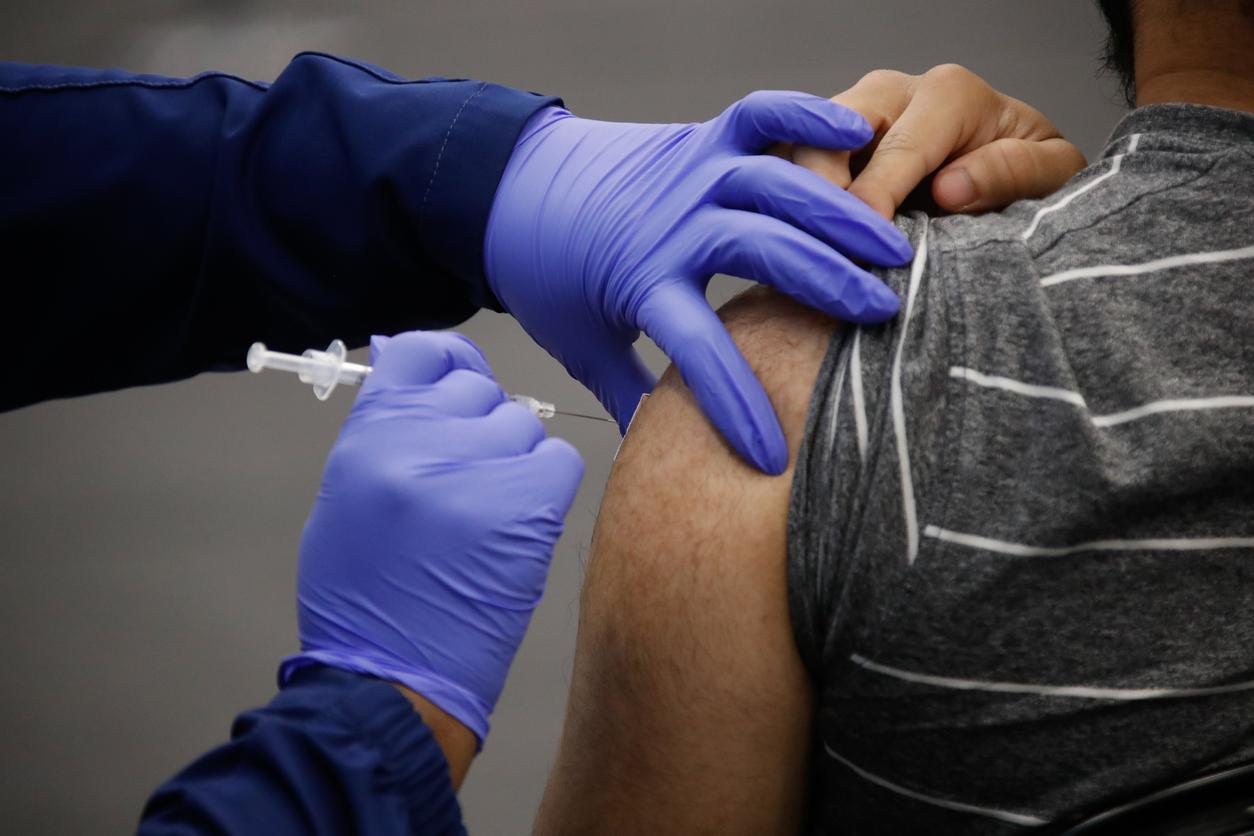-2.jpg)
The number of new cholera cases is down worldwide to start the year, despite a new outbreak in Angola, according to the latest update from the World Health Organization (WHO).
As of January 26, a total of 34,799 new cholera cases were reported in 19 countries across three WHO regions, marking a 27% decrease from December 2024. The African Region reported the most cases (17,644), followed by the Eastern Mediterranean Region (16,530) and the Southeast Asia Region (625). The 349 cholera deaths reported globally marked a 33% decrease from the previous month. The WHO said the seasonal decline in cholera transmission during the winter months may partly explain the reduction in cases in some regions, though the overall data remain incomplete.
While most of the cholera outbreaks reported are continuations from the previous year, the outbreak in Angola is new. According to the latest weekly outbreak bulletin from the WHO African Region, 4,107 cholera cases have been reported in 10 provinces from the beginning of the year through February 16, with 147 deaths. Children aged 5 years and younger account for 15.4% of the cases and 15.0% of the deaths.
"The cholera outbreak in Angola is showing signs of both stabilization and escalation, highlighting disparities in response effectiveness across affected provinces," the WHO said.
Cases have been rising since 2021
Cholera cases have been surging globally since 2021, with conflicts, mass displacement, and extreme climate events intensifying outbreaks and severely hampering efforts to contain the highly infectious bacterial disease, which spreads through water and food contaminated with the Vibrio cholerae bacterium. Cholera causes severe diarrhea and dehydration and can be life-threatening if it goes untreated.
The WHO also said oral cholera vaccine production has ramped up because of significant efforts from suppliers and partners, reaching 6.2 million doses in January. But demand continues to outstrip supply, the agency said, "hindering efforts to control cholera outbreaks, respond rapidly to the disease's spread, and implement preventative campaigns."

.jpg)












